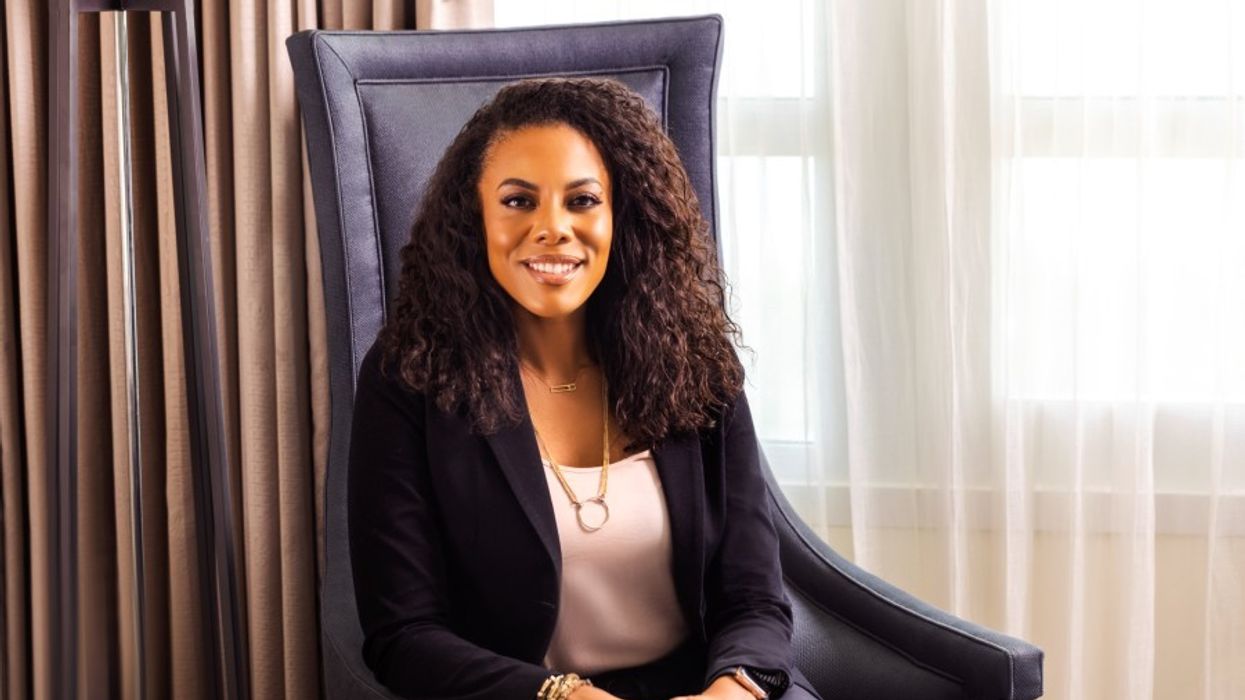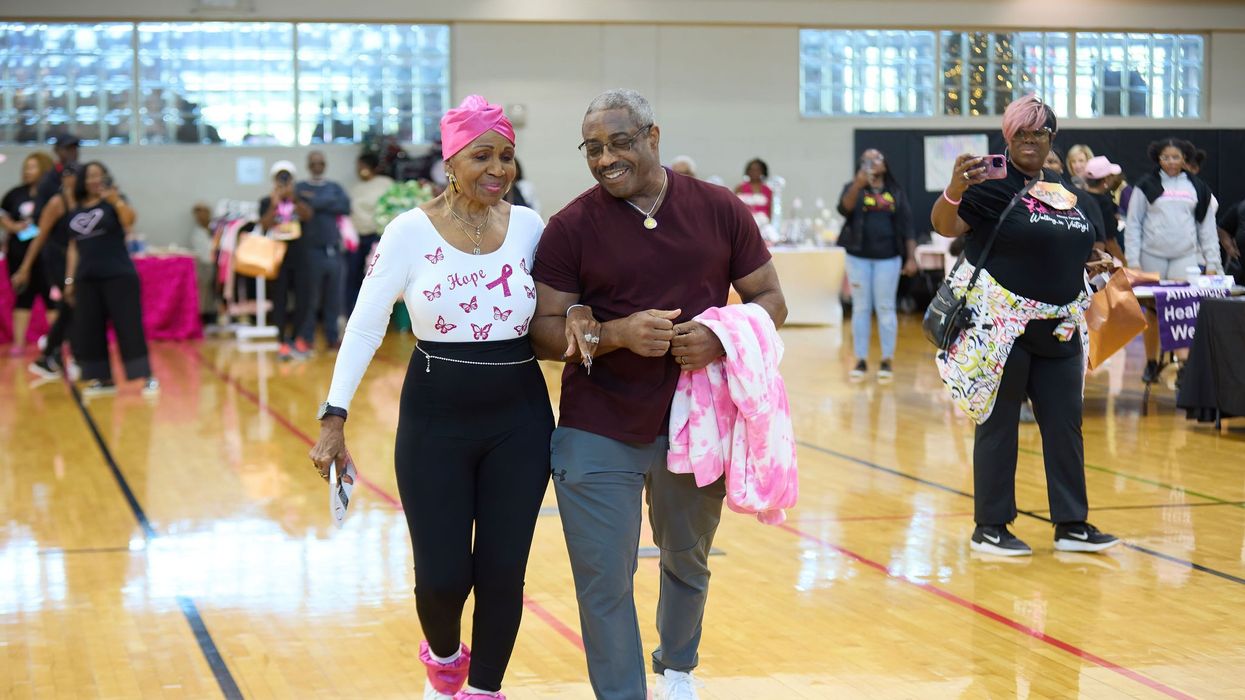Although many Black women are scrambling for the right hairstyle to deal with the summer heat and humidity, they are finding out that healthy hair is good in any season.
Since the 1700s, Black women have been trapped in the ongoing struggle of dealing with their hair and cultural significance.
“In the Black community, hair has been a measurement of one’s value for generations. In African-American culture, ‘good’ hair refers to hair that is not kinky or not what is pejoratively called ‘nappy.’ It is hair that is closer to the texture of people in parts of the world away from sub-Saharan Africa, like Europe, Asia, or the Middle East,” stated Clare Norris-Bell, in the Race Card Project.
Amid this ongoing controversy, Autumn Yarbrough, a legacy in the Black hair care industry and founder of Nu Standard, is changing the narrative to focus on healthy hair.
“Whether it be hair loss, consistent breakage, dryness, constant frizz, or any of these hair issues, I wanted to find a solution. It’s important that we are having conversations and making sure we have some real solutions that change how we do our hair and how we think about our hair,” said Yarbrough, whose hair care company sponsored a screening for the third episode, The Crown Effect, of the new Netflix documentary, the ‘Black Beauty Effect.’
Yarbrough is committed to making an impact as a third generation in the Black hair care industry. Her grandfather, Comer Cottrell, founded Pro-Line. Inc., which made hair care products like the Jheri Curl accessible to the Black community. Her parents, Eric and Renee Cottrell-Brown, have also been noted as trailblazers in the Black hair care industry.
Inspired by her own hair struggles in fighting generations of baldness, Yarbrough created NU Standard in 2020 to ensure women have healthy hair options. NU Standard is devoted to promoting hair wellness.
According to Dr. Yoram Harth, MD, 50% of women will experience visible hair thinning by age 50. Hair thinning tends to be more common in African-American women.
“Genetics are real. I come from three generations of baldness. I know people will look at my grandfather, but they will be surprised that my grandmother went bald. My mom also suffers from baldness. I wanted to do whatever I could to push the clock back,” said Yarbrough.
As she sought an answer to her personal hair issues, Yarbrough discovered a missing link in the hair care industry for Women of Color.
“I decided to look at the whole hair wellness industry. Healthy hair is from the inside out. This is one of the factors that we don’t discuss or educate about in our community. Healthy hair is important, especially when it comes to hair loss. We also don’t talk about mental health challenges and stress, which can cause some hair loss issues,” said Yarbrough.
Determined to make a healthy difference for the textured hair community, Yarbrough has selected some of the top chemists in the country to work with Nu Standard.
“Our products are effective and actually work. That’s why I think everybody loves our Hydrasilk Bond System. They find it hard to believe that you can have hydration without having to buy a lot of products,” said Yarbrough.
Nu Standard also offers Take N Go-Daily Hair & Scalp Vitamins to combat hair loss and promote healthy hair.
“We understand that the Black community doesn’t always get access to certain supplements and efficient vitamins to make sure we are not expediting hair loss. We already know the story of the challenges we face regarding health in general because of the lack of resources in our community. I wanted to make sure we provided supplemental opportunities to complement our hair products,” said Yarbrough.
Yarbrough isn’t resting on her family’s laurels. She claims she has unfinished business, and she’s determined to be relentless in making sure that the Black community is not left behind when it comes to innovative problem solutions that will promote healthy hair in the textured hair community.









 Karla Mingo believes that her greatest gift as a cancer survivor is the ability to live with gratitude and thankfulness.
Karla Mingo believes that her greatest gift as a cancer survivor is the ability to live with gratitude and thankfulness.



